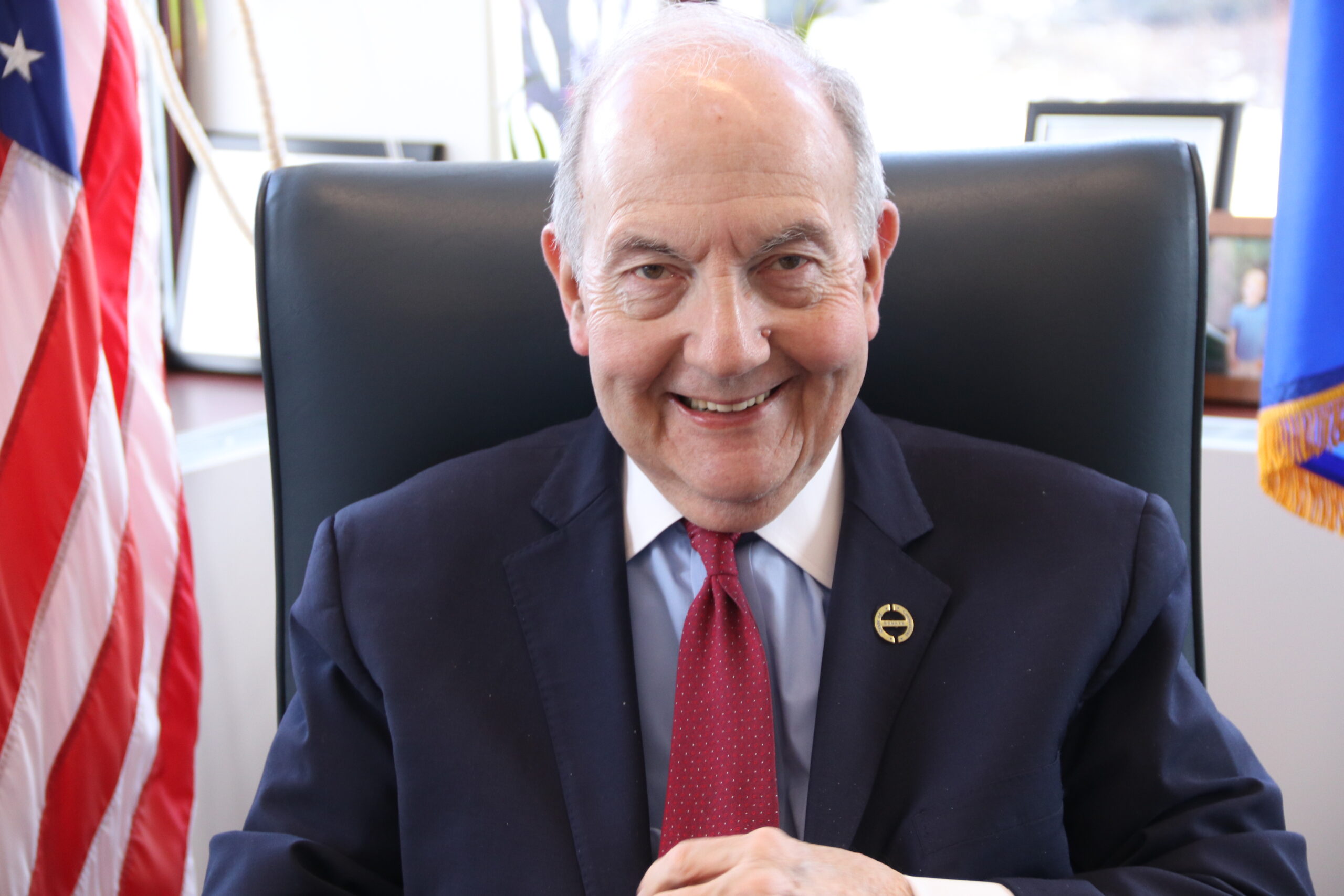Senator Looney Leads Senate Passage of Bill to Help Reverse Wrongful Convictions and Incarceration
HARTFORD, CT – Senate President Martin M. Looney (D-New Haven) today helped lead unanimous Senate passage of Senate Bill 509, An Act Concerning Newly Discovered Evidence. The bill updates Connecticut law to accommodate advances in the methods and kinds of forensic evidence found to be foundationally valid by the scientific community in order to reverse wrongful convictions.
Senate Bill 509 amends Connecticut law to permit a convicted person to petition for a new trial based on newly discovered forensic evidence without being subject to the current three year time limit on non-DNA evidence. DNA testing is not the only science that can provide proof of a person’s innocence, and our law should keep up to date with scientific advancements. Senate Bill 509 would allow a judge to grant a new trial upon a showing that forensic evidence not available at the time of the original trial would have likely led to a different outcome.
“In keeping with the intent of our current law permitting a new trial for newly discovered DNA evidence, this provision will establish a way for the wrongfully convicted to use newly discovered forensic evidence,” said Senator Looney. “DNA evidence has led to hundreds of exonerations nationally of individuals unjustly imprisoned based upon unreliable evidence, faulty testimony by expert witnesses, and subjective opinions of scientists whose methods lack validity.”
In 2000, in order to keep pace with scientific advancements, the General Assembly passed legislation allowing convicted individuals to petition our courts for a new trial based on newly discovered DNA evidence.
In 2002, an FBI re‑examination of hair comparisons showing matches in criminal cases determined that 11 percent of those samples came from a different individual. The FBI has since stopped using the hair comparison method now proven unreliable only after submitting reports and testimony in nearly 3,000 trials.
Share this page:
